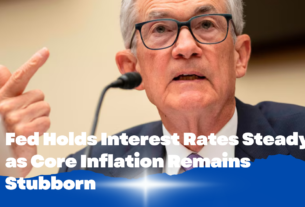Lex Greensill, the embattled financier behind the collapsed Greensill Capital, has taken the stand in a London High Court trial, offering a dramatic account of internal tensions with senior SoftBank executives. At the heart of the proceedings is a $440 million lawsuit brought by Credit Suisse, which claims SoftBank played a central role in losses suffered by its investors. Greensill testified that his close relationship with SoftBank’s founder, Masayoshi Son, caused discomfort among other top managers at the Japanese tech investment giant. He suggested that some SoftBank officials felt “threatened” by the direct access he enjoyed to Son, which he believes contributed to a breakdown in communication and transparency during a series of controversial transactions.
The case revolves around loans issued by Greensill Capital to Katerra, a now-defunct U.S. construction startup heavily backed by SoftBank. Credit Suisse alleges that Greensill improperly agreed to waive Katerra’s debt in exchange for equity, a decision made without the bank’s consent. That equity was then transferred to a SoftBank-controlled entity, effectively shielding the Japanese firm from financial risk while leaving Credit Suisse’s supply chain finance funds exposed to major losses. According to Greensill, this transaction took place amid growing pressure from SoftBank executives, who allegedly sought to manage fallout from Katerra’s collapse while minimizing their liabilities.
SoftBank has rejected these claims, insisting it acted in good faith to support a mechanism that was intended to reimburse Credit Suisse investors in full. The company maintains that the deal involving Katerra was designed to preserve value during a time of crisis and that its communications with Greensill were appropriate. Meanwhile, Greensill’s testimony casts a spotlight on a tense internal culture at SoftBank, where personal loyalties and high-stakes investments clashed during a period of mounting financial strain.
As the trial unfolds, the court is expected to hear more details about the relationships and decisions that led to the unraveling of Greensill Capital and the subsequent legal battle involving one of the world’s largest financial institutions. The proceedings are scheduled to continue through early July and could set a precedent for accountability in complex, multi-party investment arrangements. With millions of dollars in losses and reputations on the line, the case underscores the risks associated with aggressive venture finance strategies and opaque corporate governance. For Greensill, the trial represents an attempt to defend his actions and clarify his role in a saga that shook global finance.




